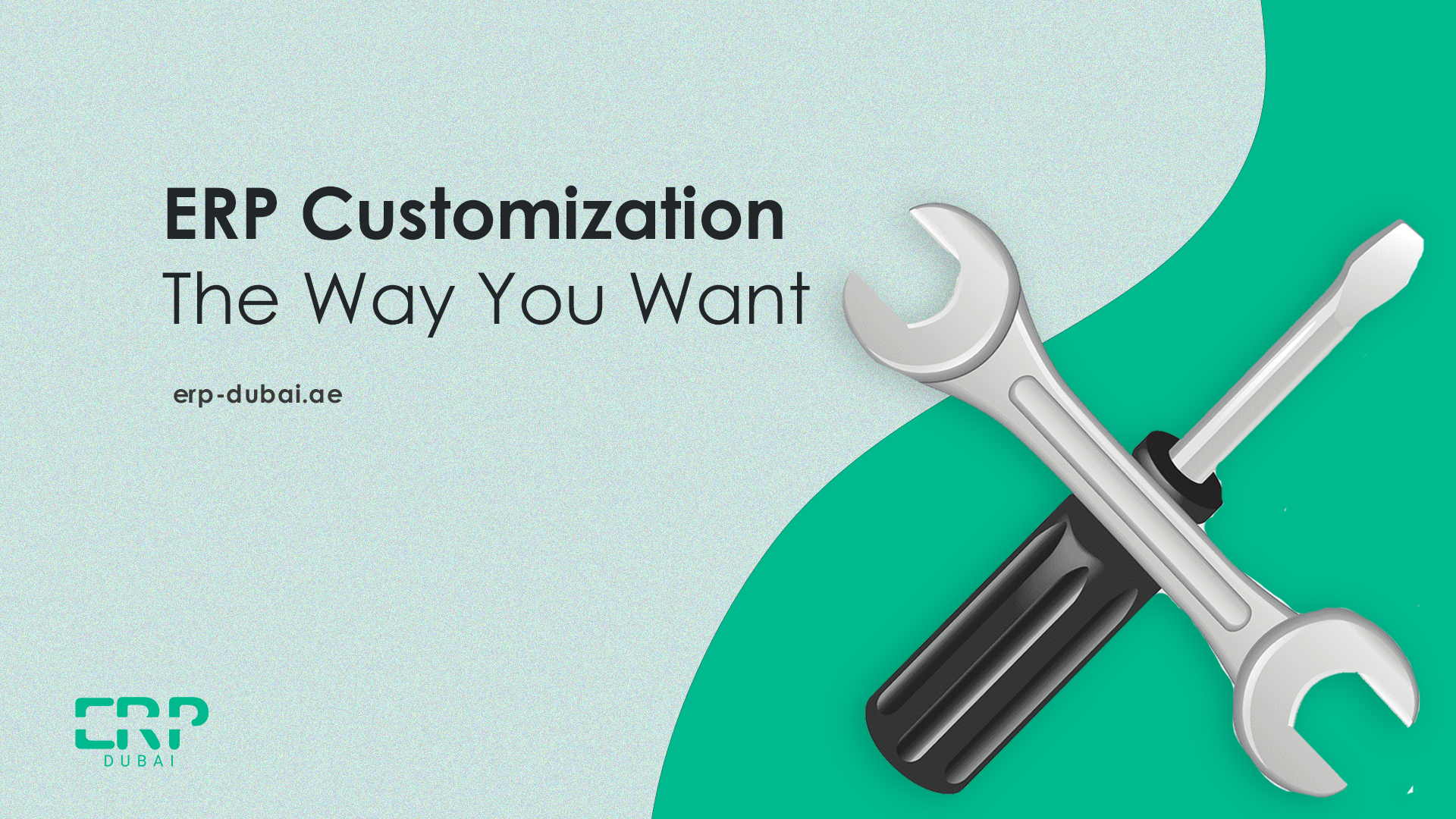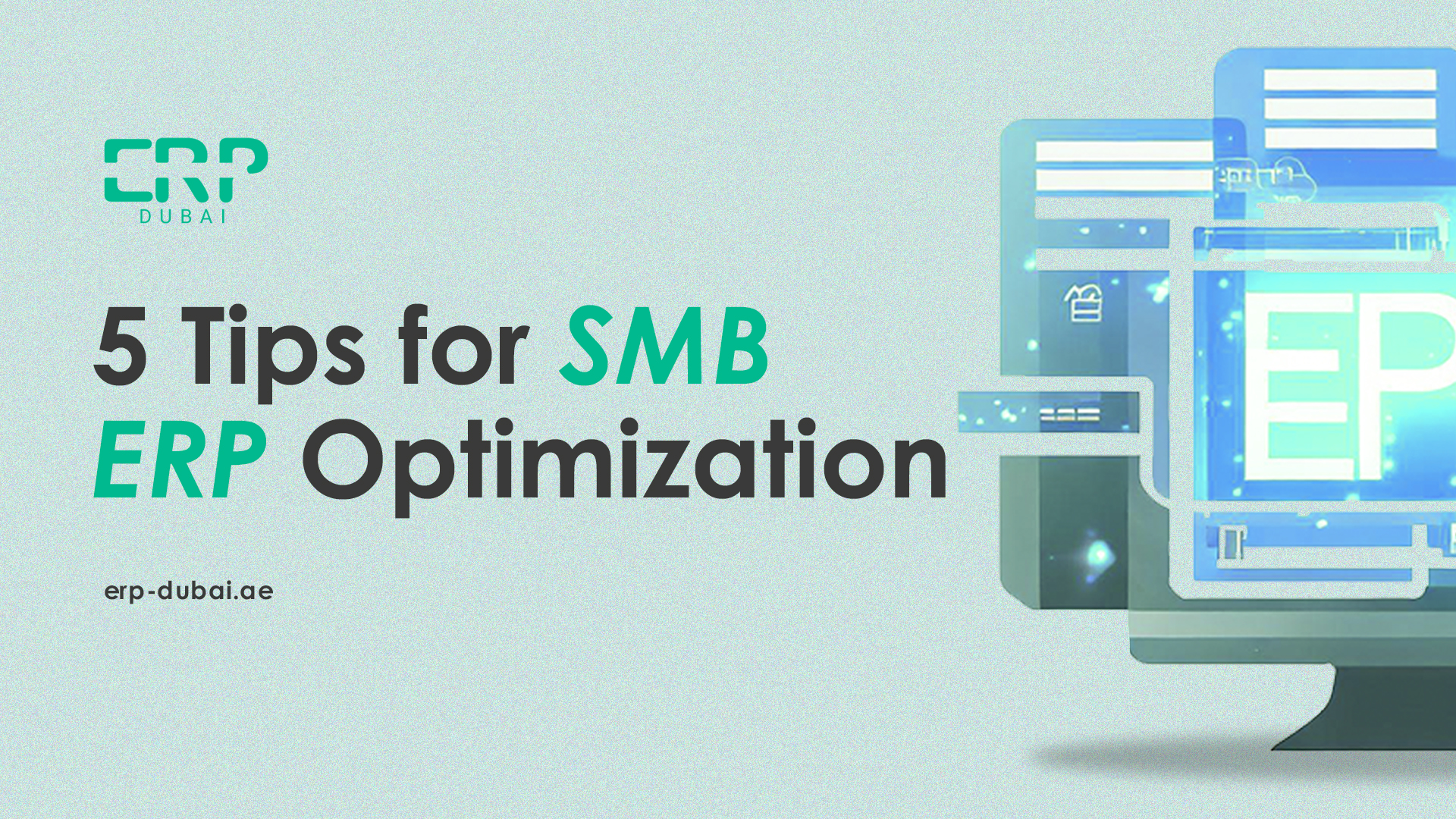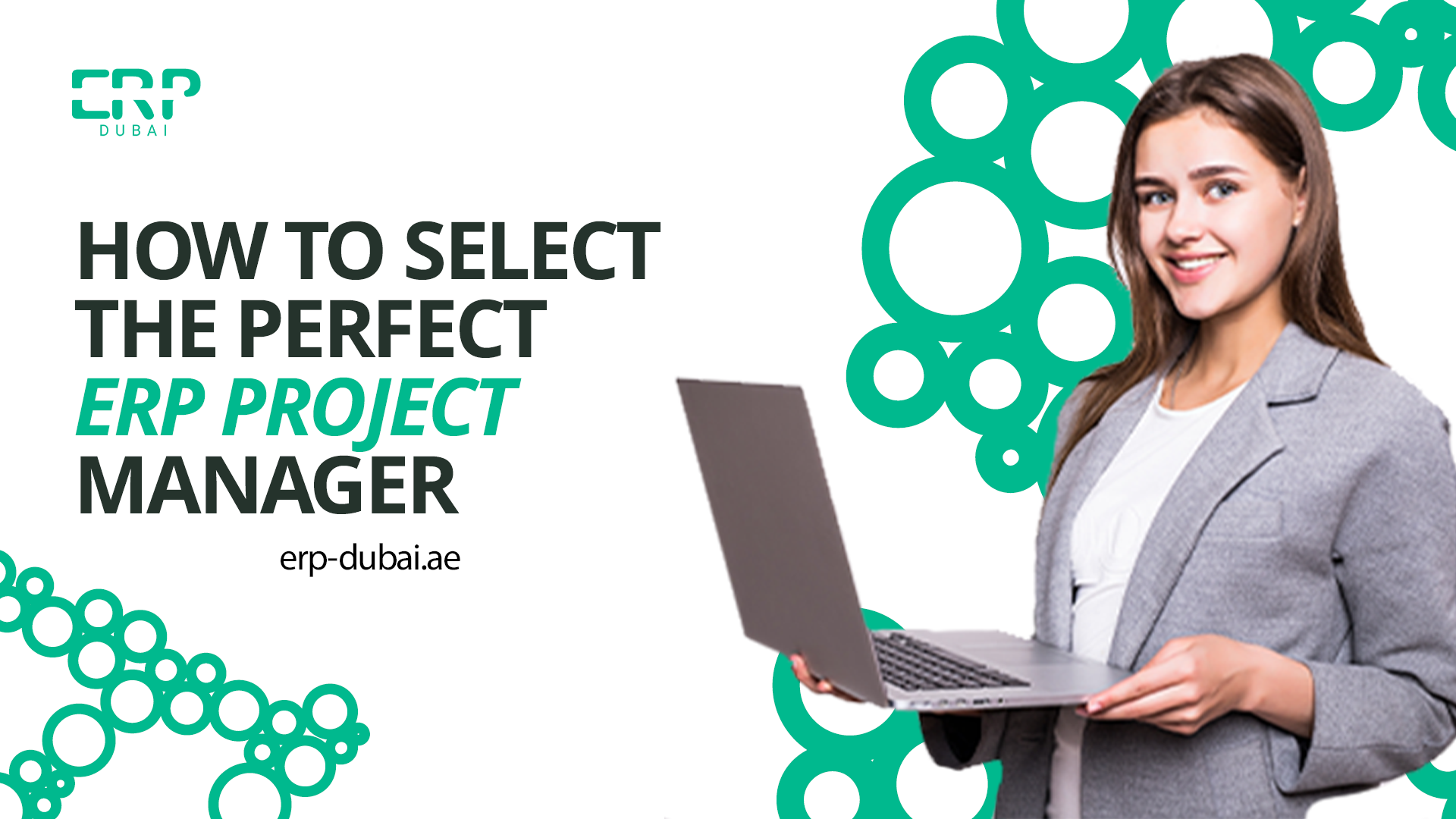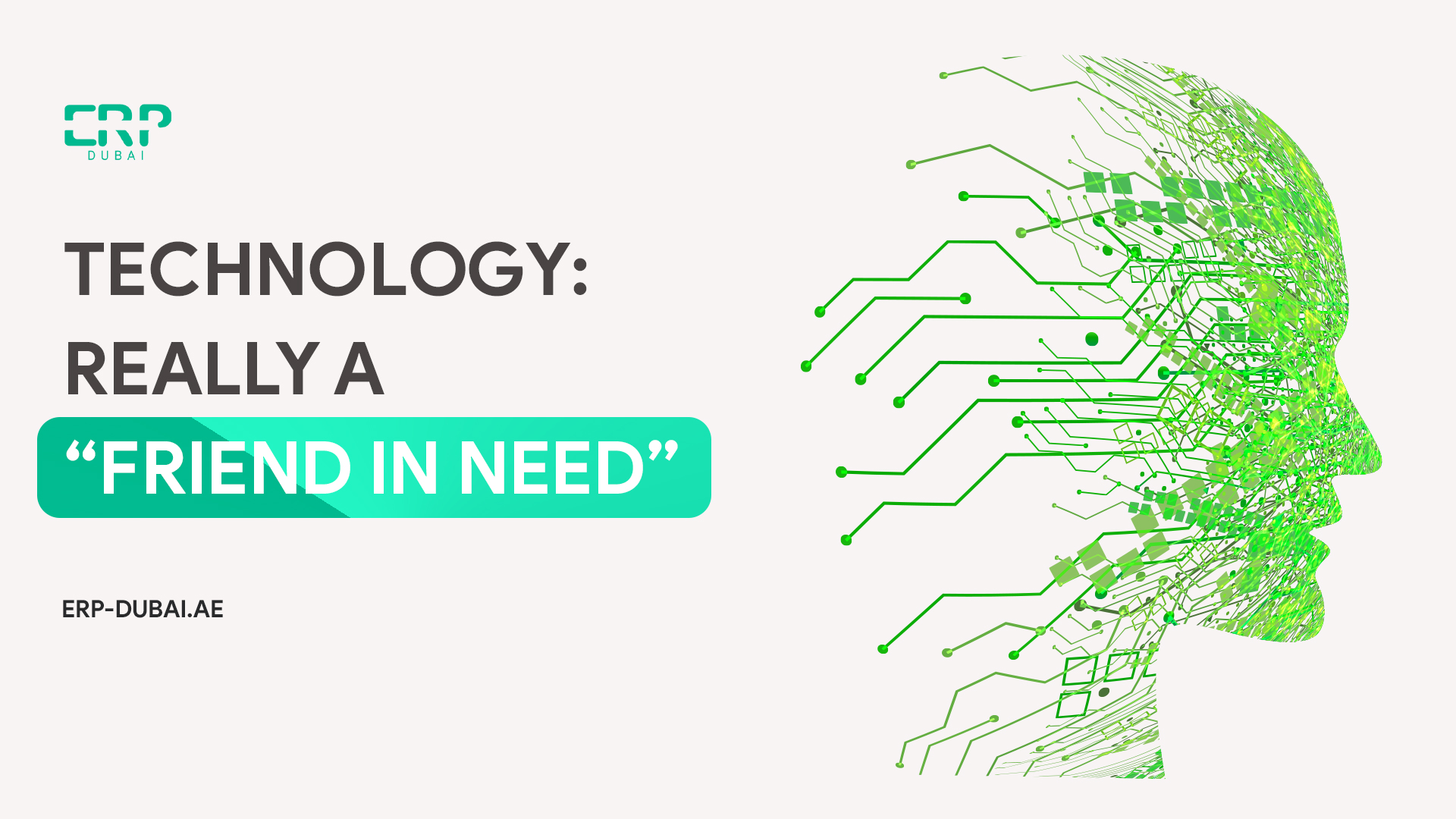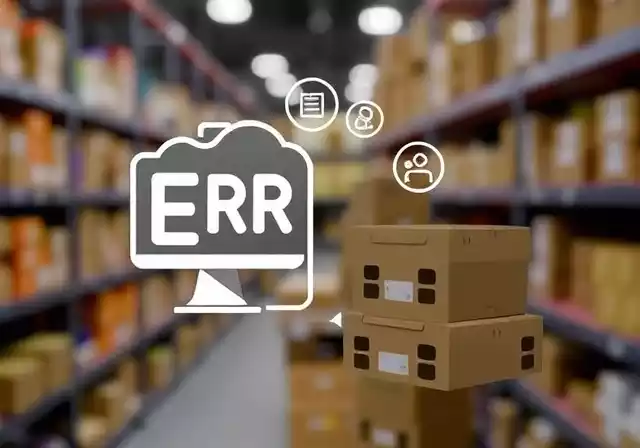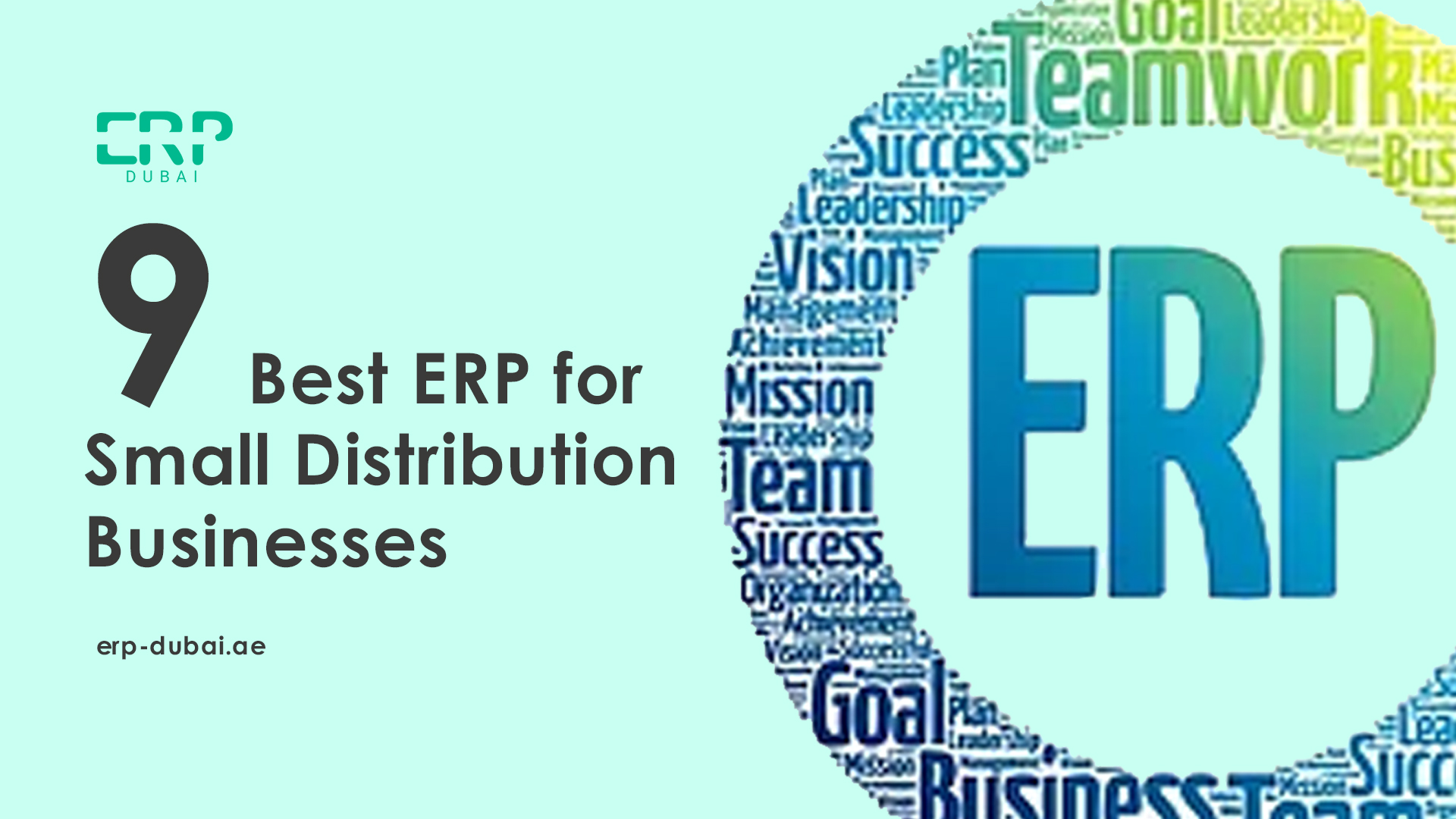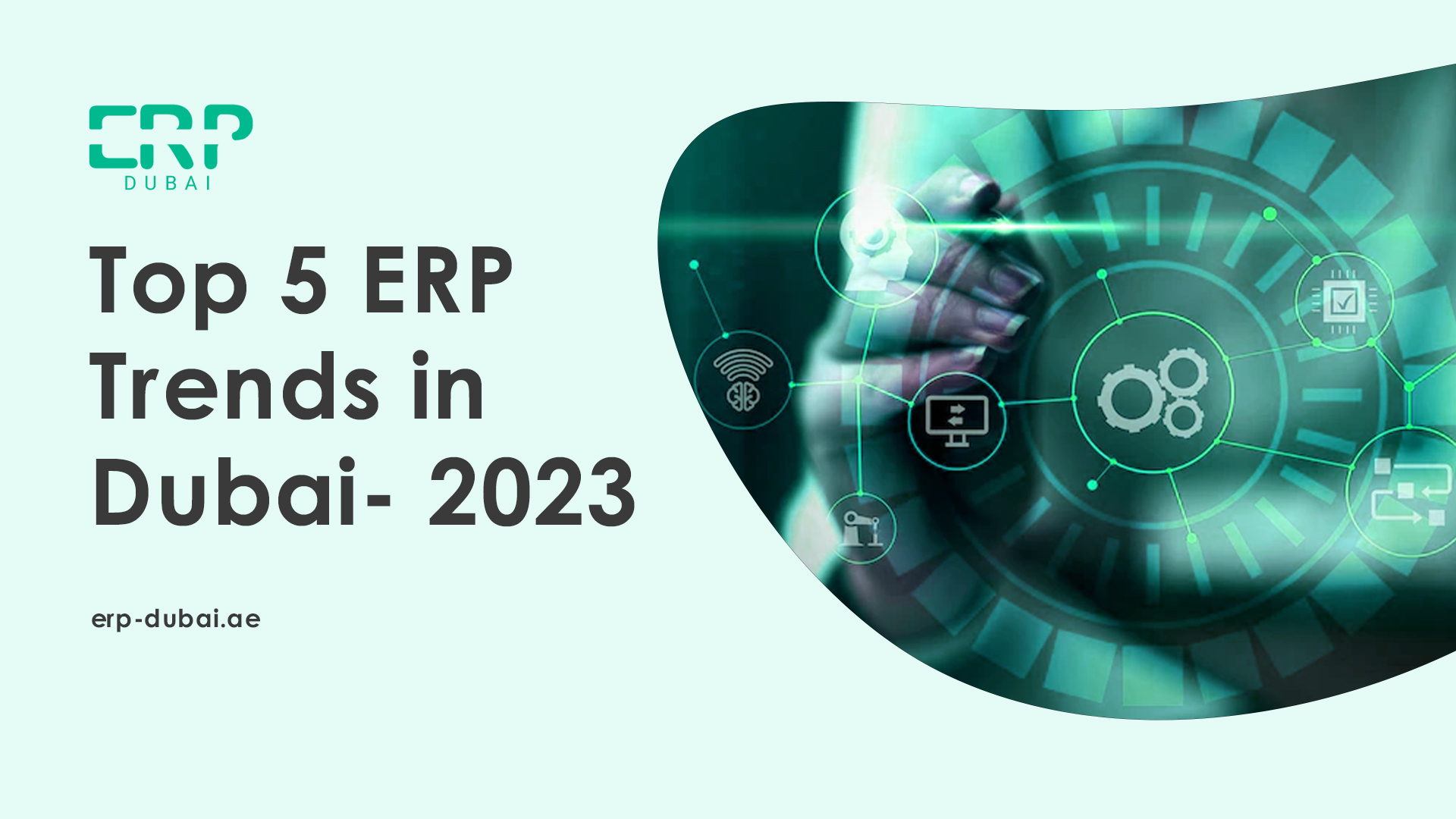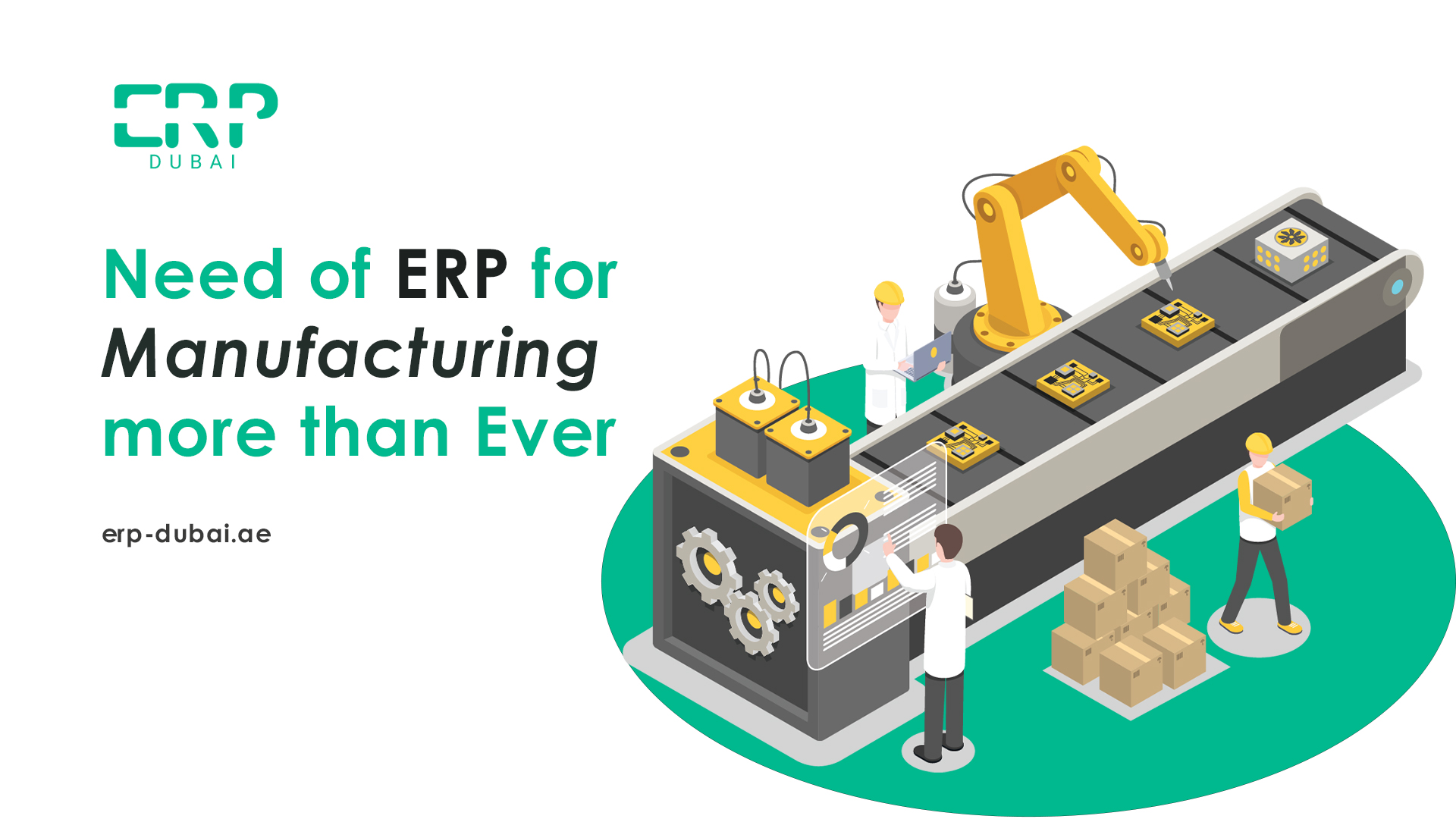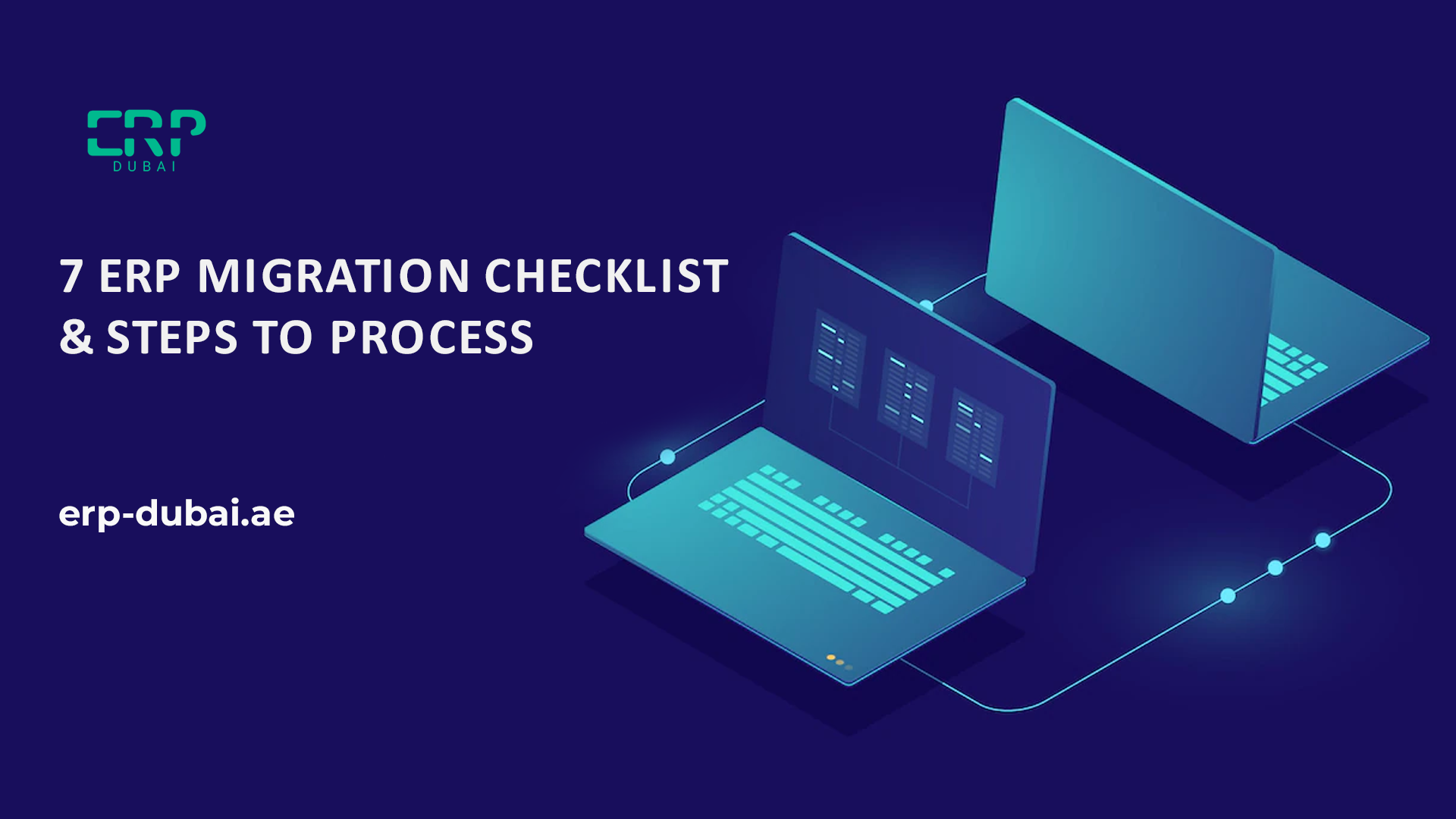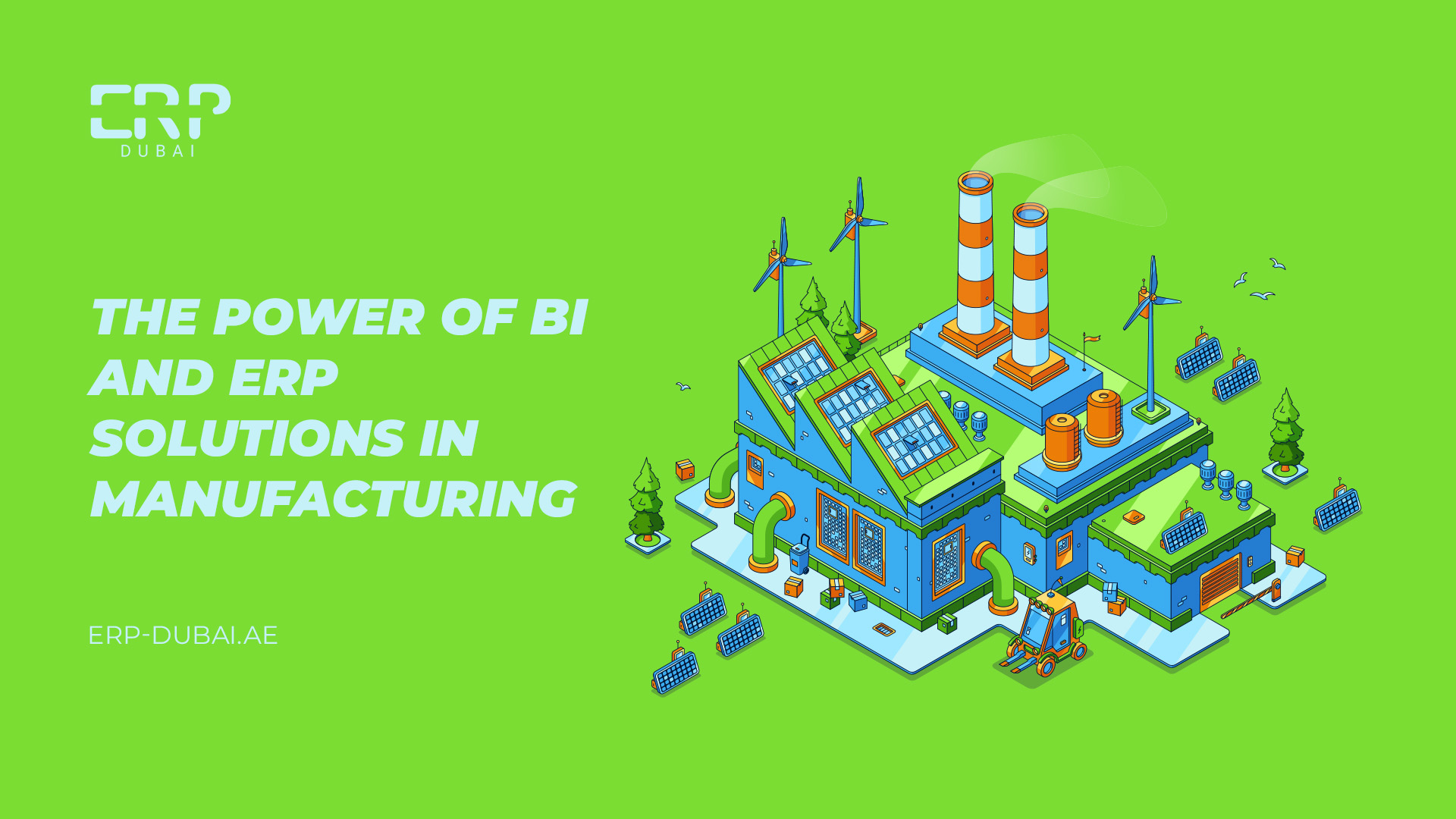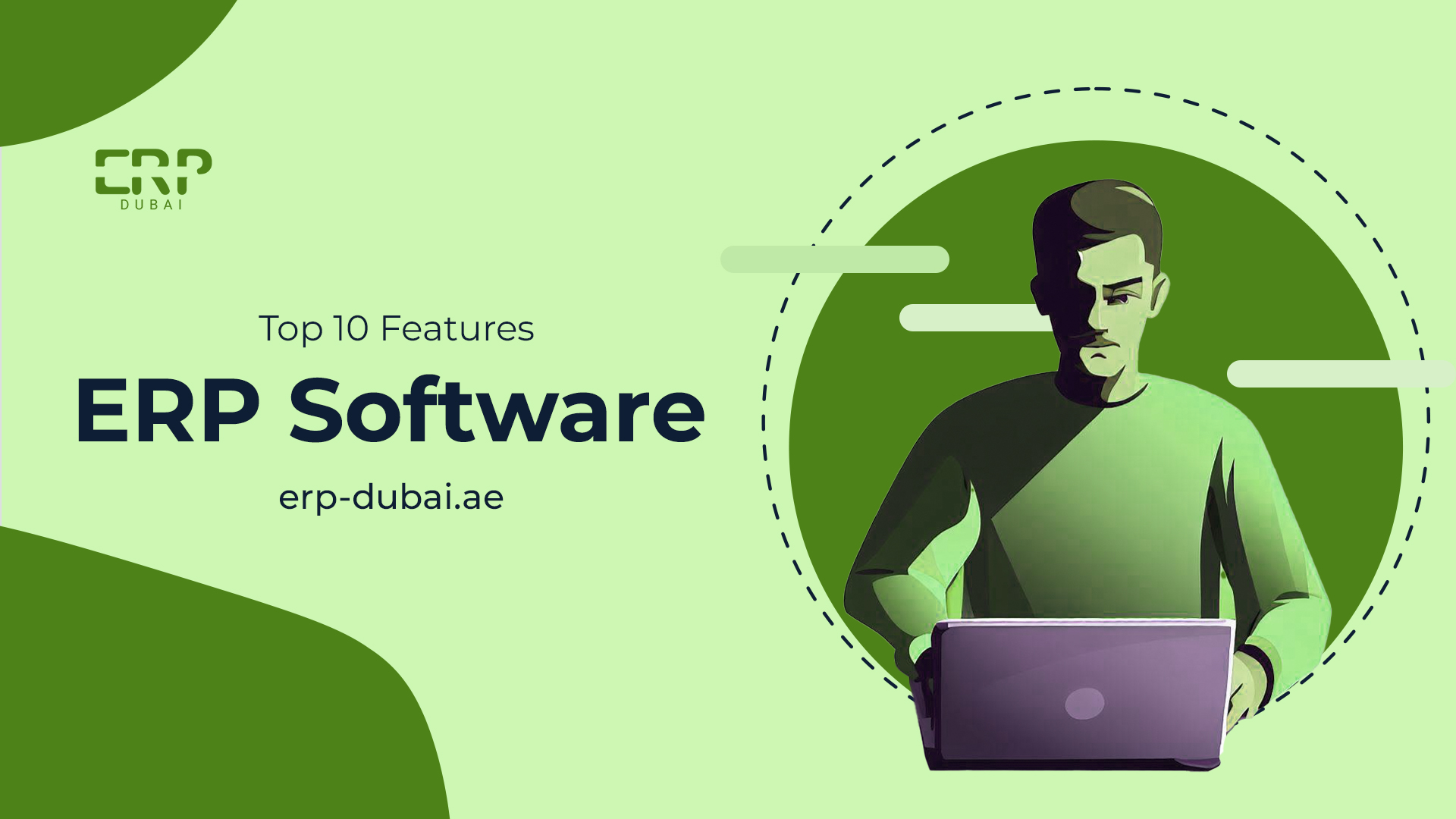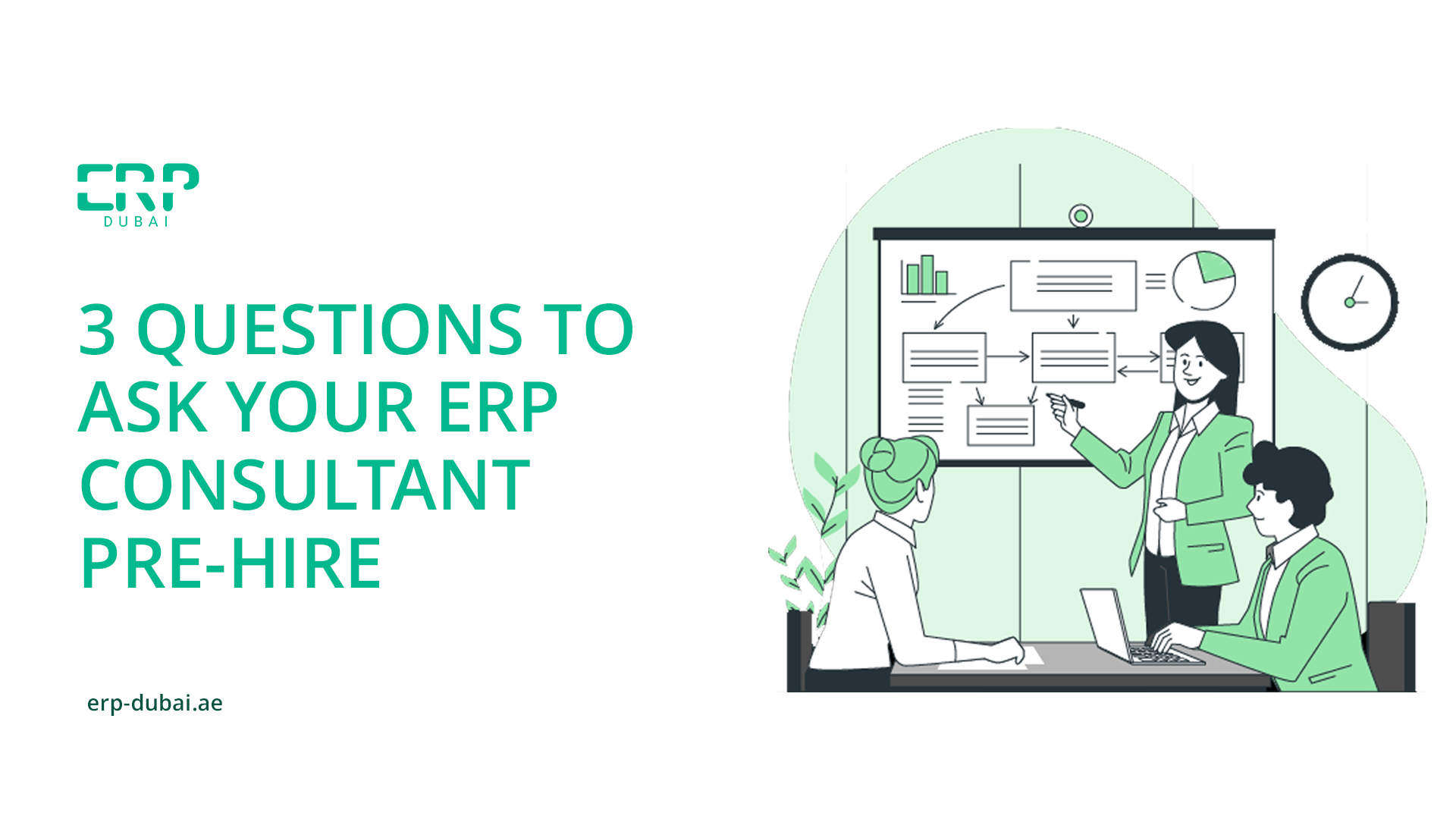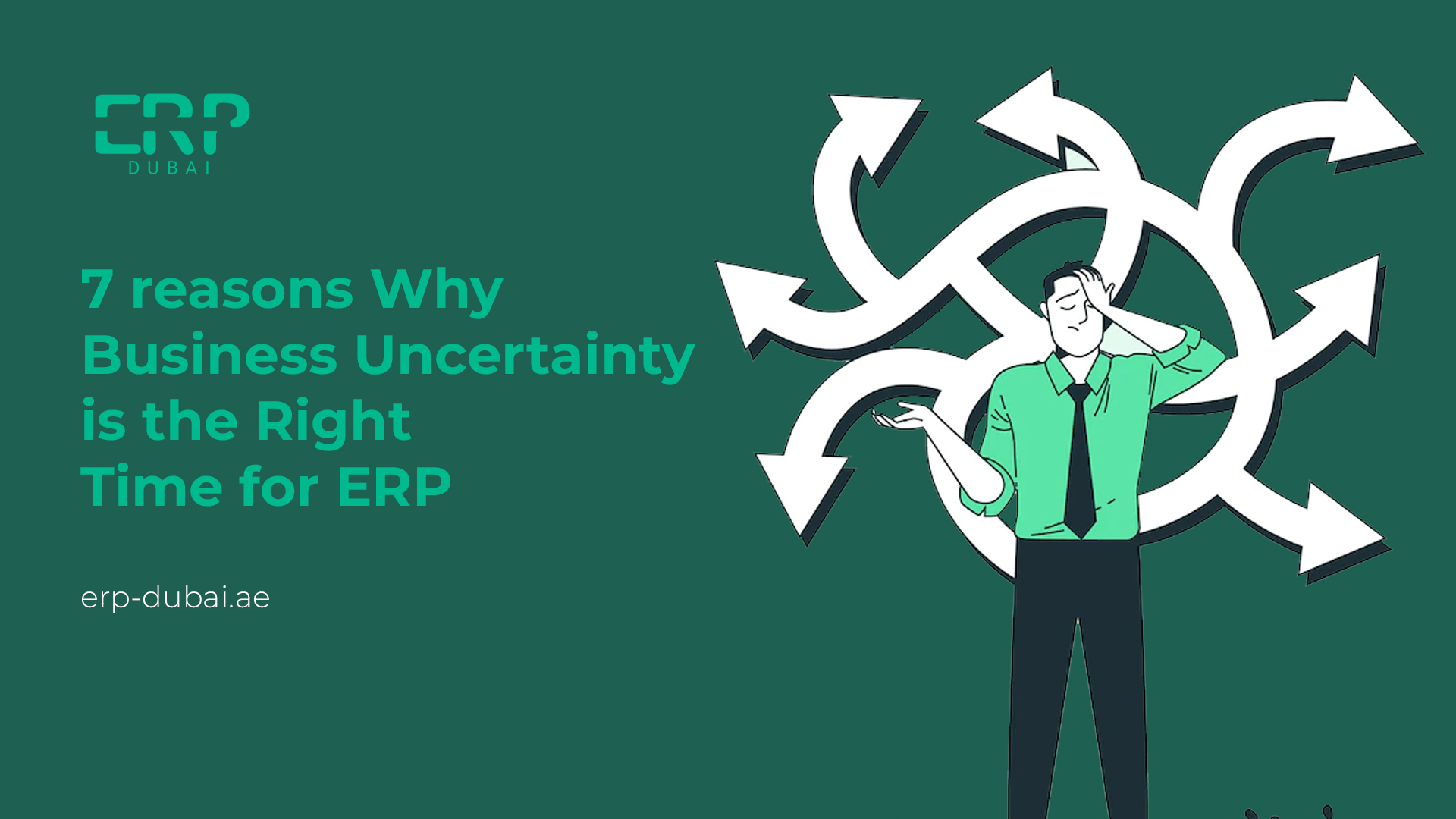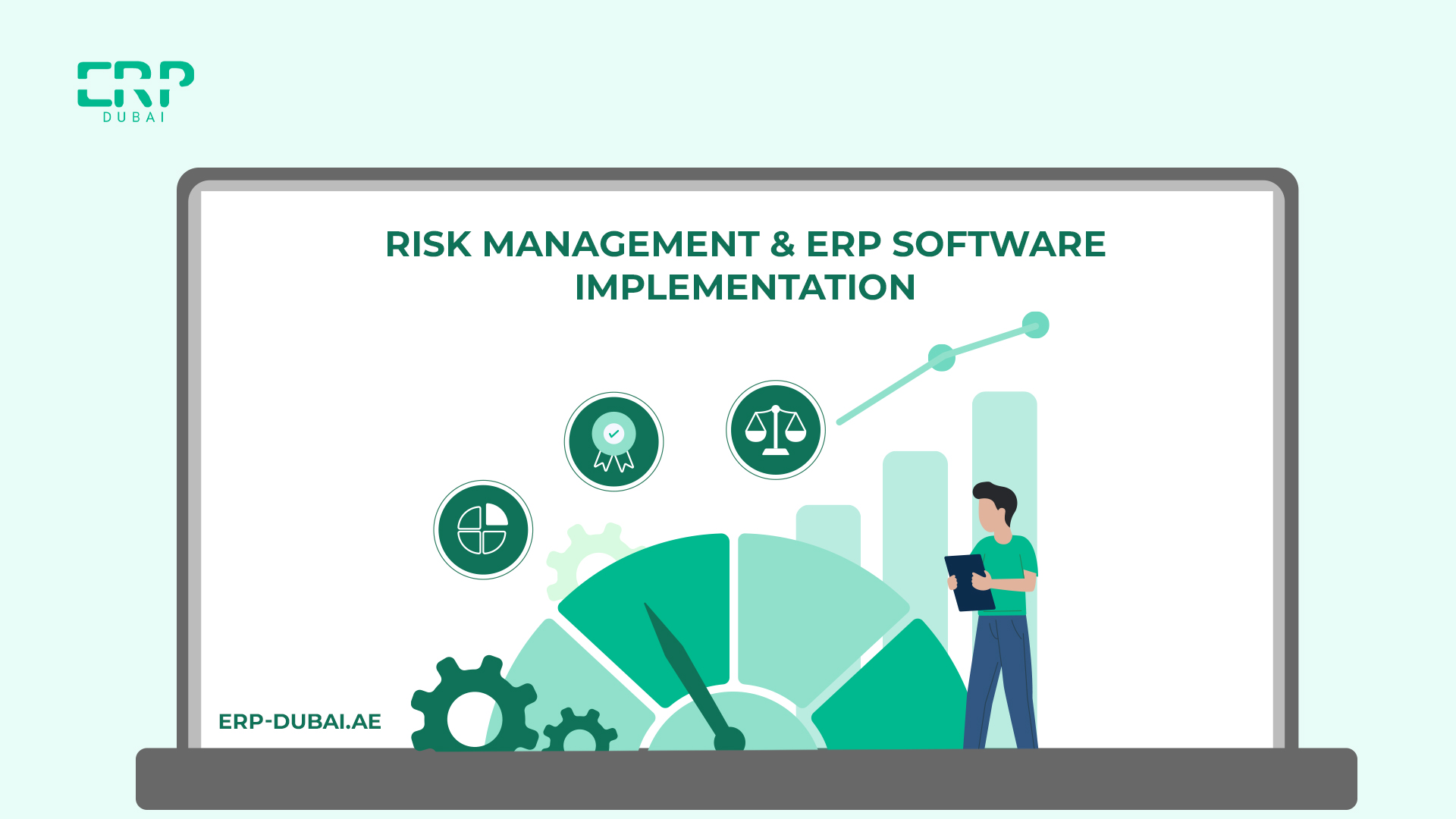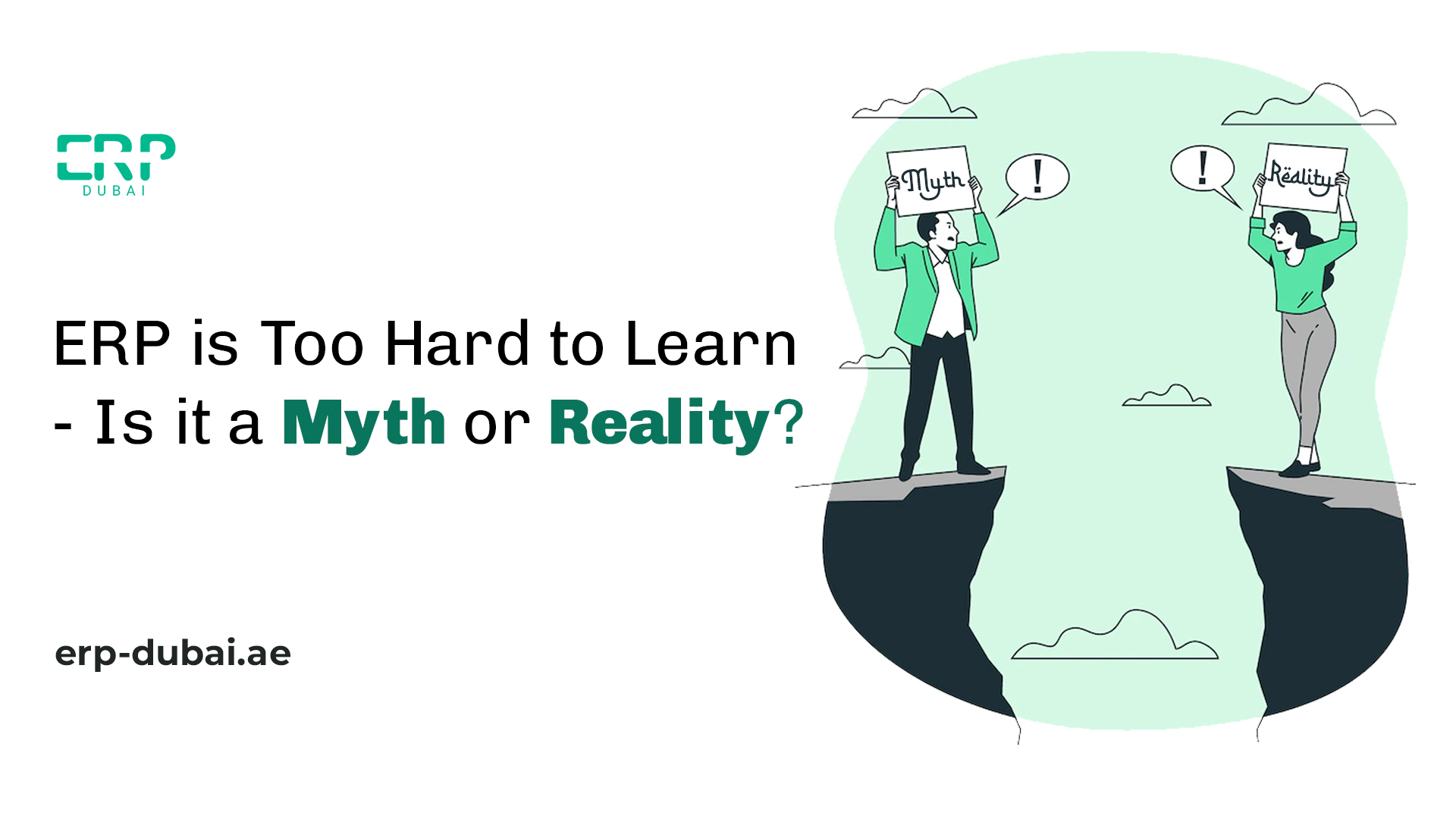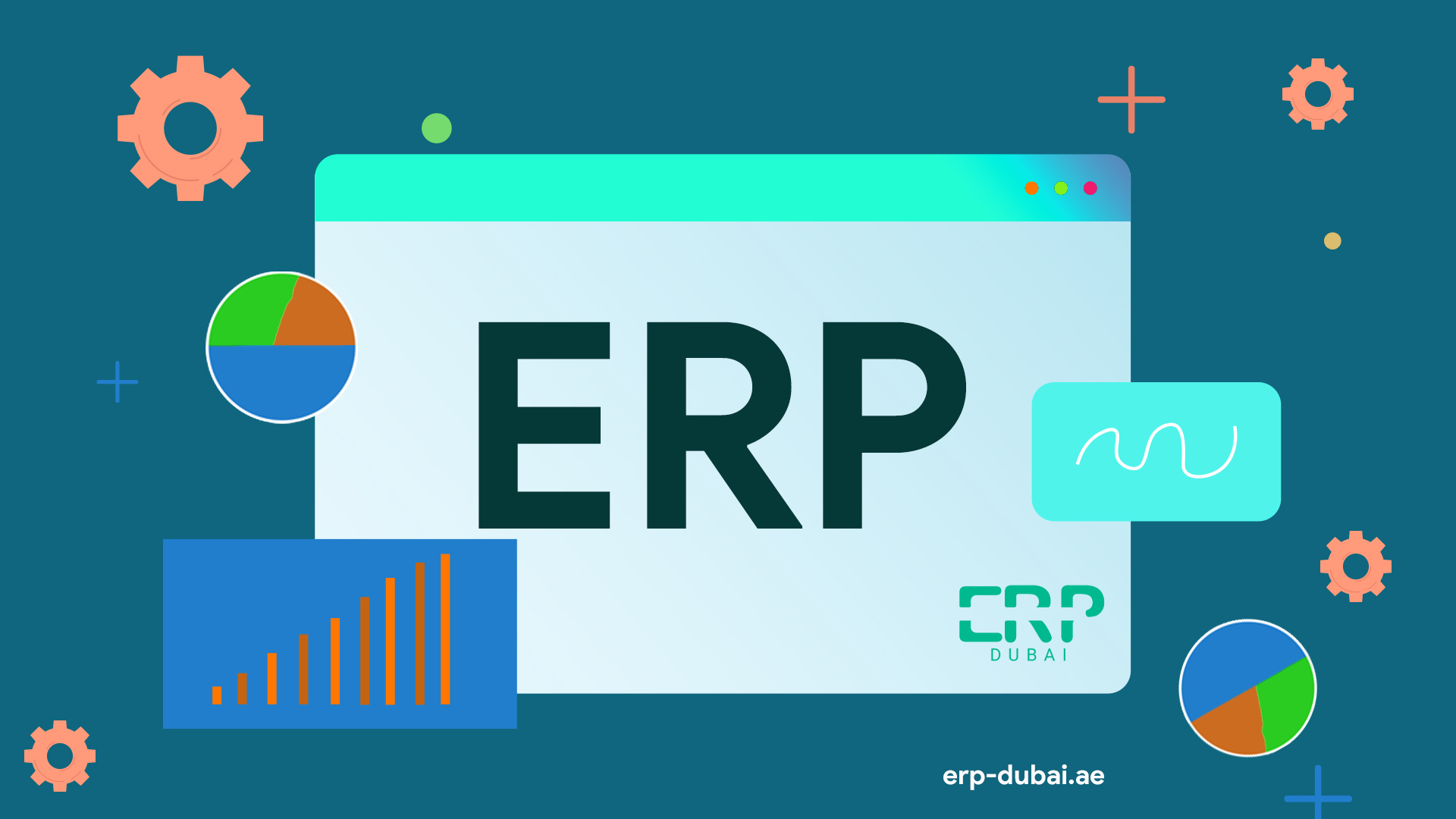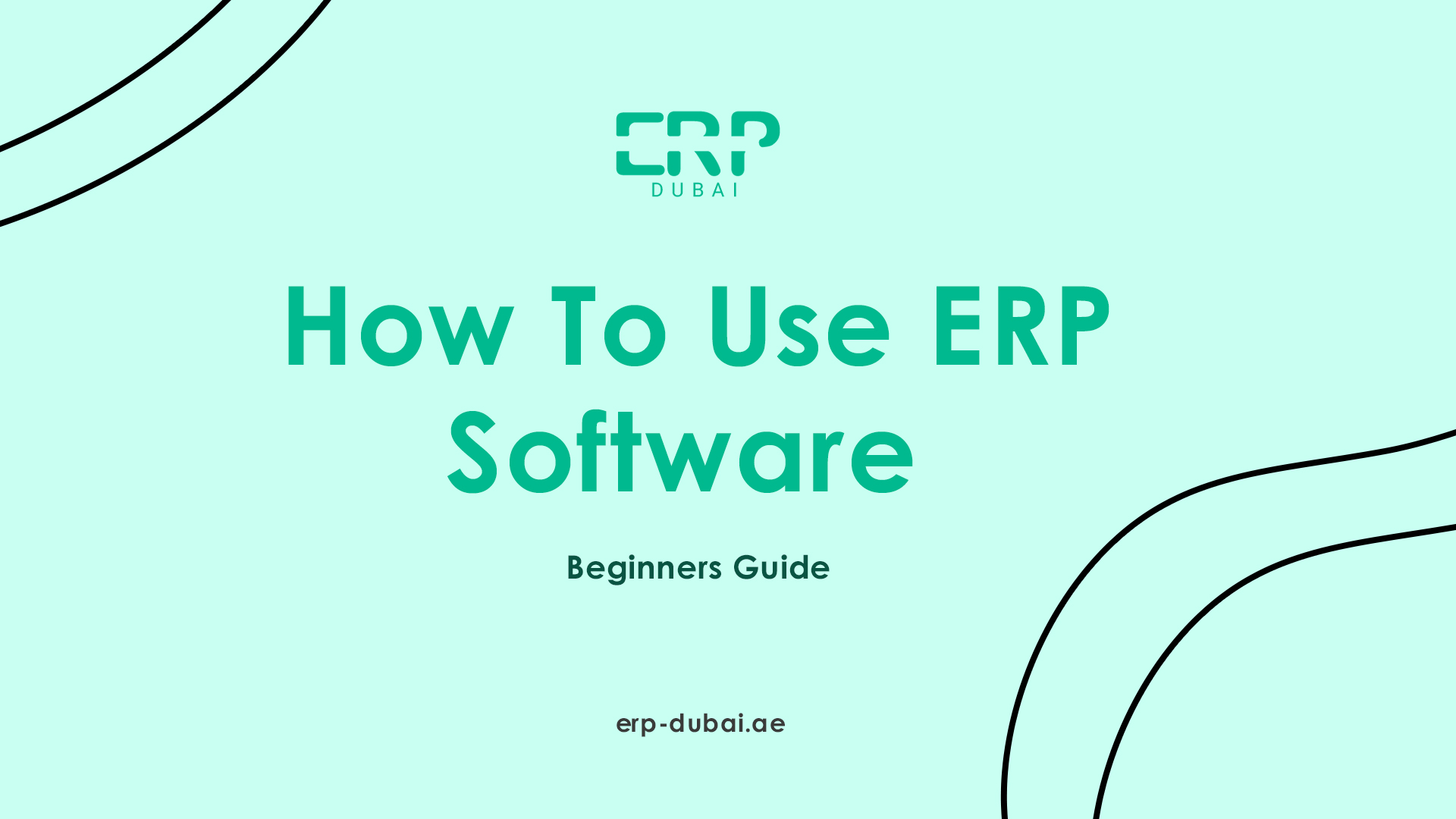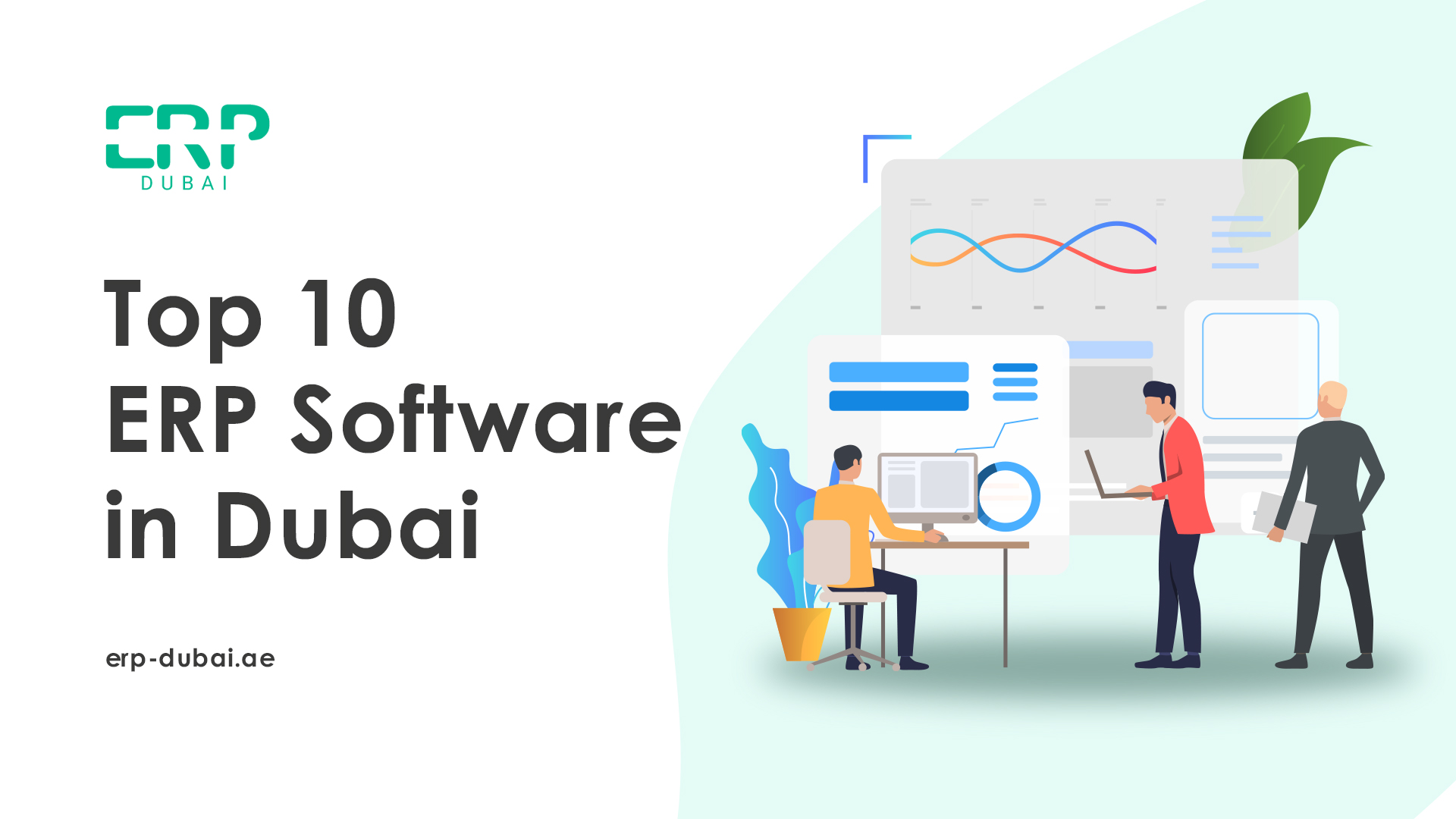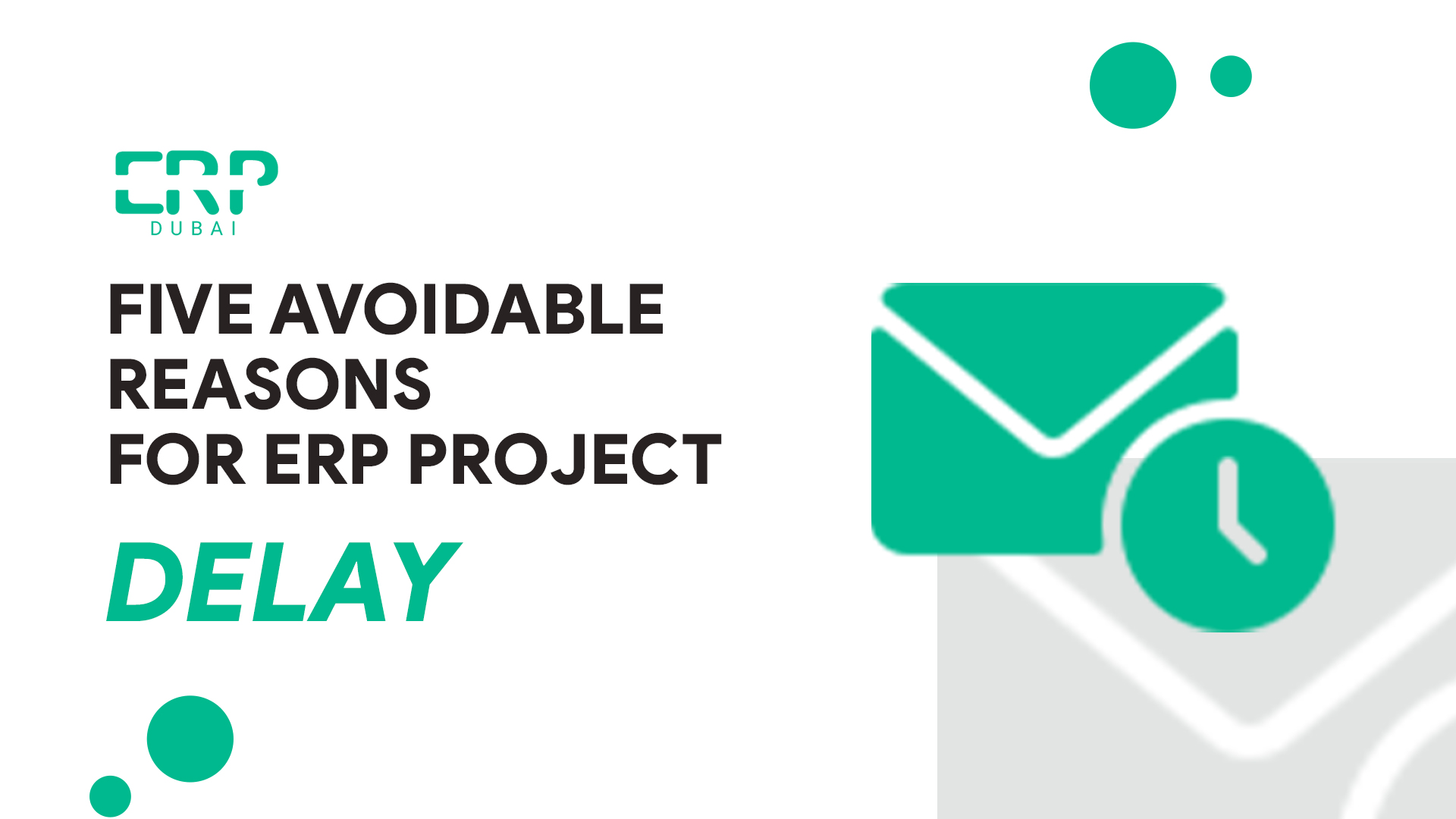No products in the cart.
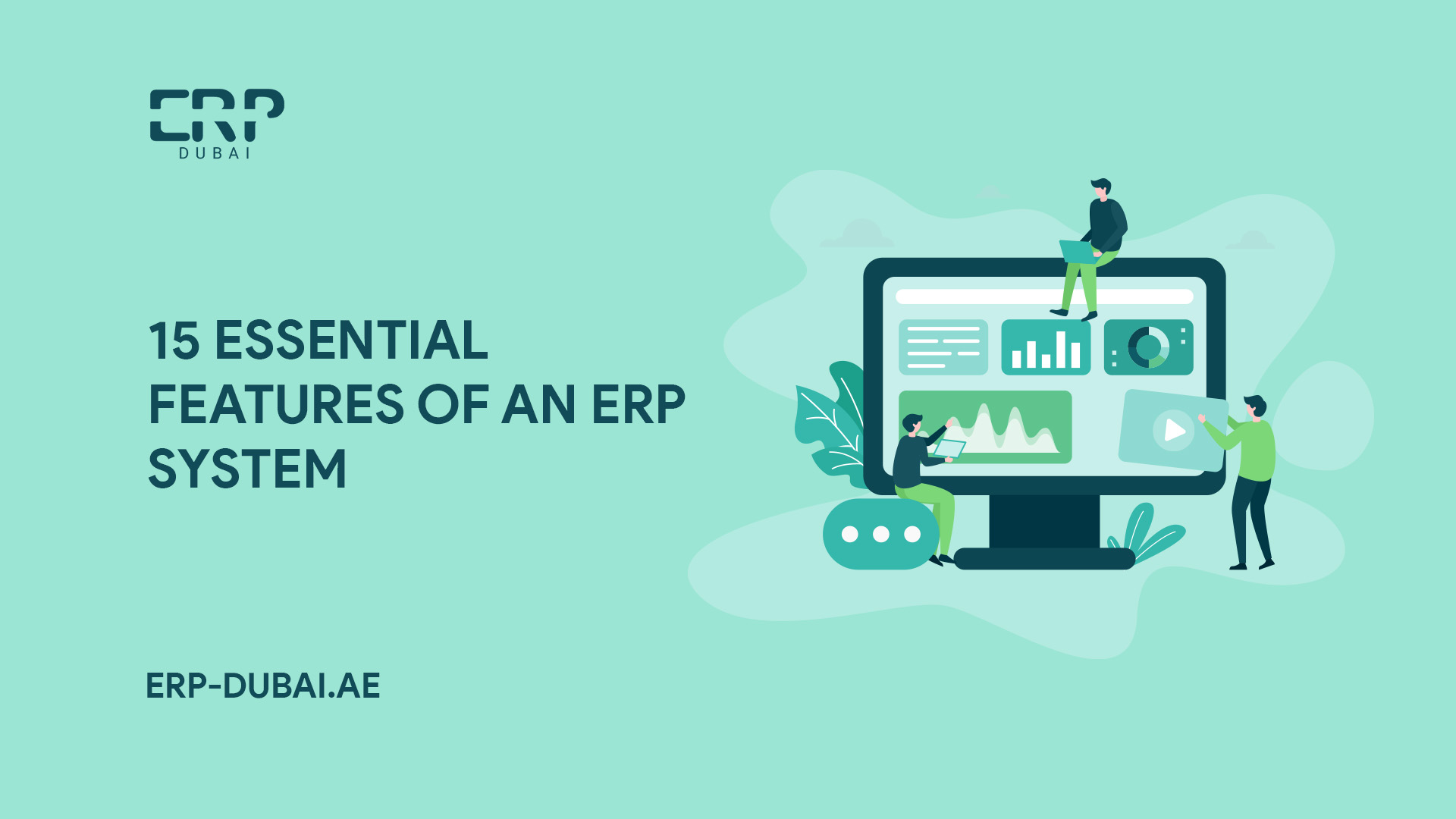
15 Essential Features of an ERP System
Enterprise Resource Planning (ERP) systems have become indispensable tools for businesses seeking to streamline their operations, improve efficiency, and enhance decision-making processes. With a wide range of functionalities and capabilities, an ERP system offers comprehensive solutions for managing various aspects of business operations. In this blog, we will explore 15 essential features of ERP software that contribute to its effectiveness in optimizing business processes and driving organizational success.
Centralized Data Management:
A key feature of an ERP system is its ability to centralize data management. It provides a unified database where all relevant business information, such as customer data, sales records, inventory levels, and financial transactions, is stored. Consequently, this centralization eliminates data silos, reduces duplication, and ensures data consistency across different departments, enabling efficient data access and analysis.
Integrated Modules:
ERP solutions typically consist of integrated modules that cover different functional areas of a business, such as finance, human resources, inventory management, sales, and manufacturing. Hence, this integration allows seamless data flow and real-time updates across departments, enhancing collaboration and eliminating the need for manual data transfer.
Financial Management:
In short, an ERP system includes robust financial management capabilities. It enables businesses to manage their financial transactions, generate accurate financial statements, track expenses, and perform budgeting and forecasting activities. Advanced ERP solutions also offer features like multi-currency support, tax management, and financial analytics for comprehensive financial management.
Supply Chain Management:
Effective supply chain management is crucial for businesses to optimize their inventory levels, manage suppliers, and meet customer demands. ERP software provides features for supply chain management, including procurement, order management, demand forecasting, and logistics management. These features help businesses streamline their supply chain processes, reduce costs, and improve overall efficiency.
Customer Relationship Management (CRM):
In a word, CRM functionality is a vital component of an ERP system. Because it enables businesses to manage their customer interactions, track leads, manage sales pipelines, and provide excellent customer service. CRM features within ERP software allow businesses to consolidate customer data, track customer interactions, and analyze customer behavior, enabling targeted marketing and personalized customer experiences.
Human Resource Management:
ERP solutions incorporate human resource management capabilities to streamline HR processes. These features typically include employee information management, attendance tracking, payroll processing, benefits administration, and performance management. With an ERP system, businesses can efficiently manage their workforce, streamline HR operations, and ensure compliance with labor regulations.
Manufacturing and Production Management:
For businesses involved in manufacturing and production, ERP solutions offer features to manage the entire production cycle. This includes production planning, material requirements planning (MRP), work order management, shop floor control, and quality management. ERP provides real-time visibility into production processes, optimizes resource utilization, and streamlines manufacturing operations.
Business Intelligence and Reporting:
Additionally, ERP software includes robust business intelligence and reporting capabilities. Certainly, they enable businesses to generate real-time reports, dashboards, and analytics, providing insights into key performance indicators (KPIs), sales trends, financial metrics, and inventory levels. These functions enable decision-makers to take data-driven actions, pinpoint areas for development, and track the general state of the company.
Mobile Access and Remote Connectivity:
Modern ERP offers mobile access and remote connectivity, allowing users to access the system from anywhere, at any time. This flexibility enables remote work, enhances collaboration, and provides real-time updates to field employees. Mobile access to ERP software ensures that critical business information is readily available, even when users are on the move.
Scalability and Flexibility:
ERP systems are designed to accommodate the evolving needs of businesses. They offer scalability and flexibility, allowing businesses to expand and add new functionalities as required. Whether a business is scaling up or diversifying its operations, an ERP solution can adapt to changing business requirements without significant disruption.
Workflow Automation:
Automation is a key feature of ERP. They enable businesses to automate repetitive and manual tasks, reducing human error, and improving operational efficiency. Workflow automation features within ERP software can automate processes such as approvals, document routing, and data entry, freeing up valuable time for employees to focus on more strategic activities.
Data Security and Compliance:
ERP solutions prioritize data security and compliance with privacy regulations. They offer robust security measures, including user access controls, data encryption, and regular backups. ERP also facilitates compliance with industry-specific regulations and standards, such as HIPAA for healthcare or GDPR for data protection, ensuring that businesses operate within legal frameworks.
Collaboration and Communication:
ERP software fosters collaboration and communication within organizations. They provide features such as internal messaging systems, document sharing, and task management, enabling employees to collaborate effectively on projects and share information. This improves coordination, reduces miscommunication, and enhances overall productivity.
Vendor Integration:
ERP often offers integrations with external vendors, such as payment gateways, e-commerce platforms, shipping providers, and marketing tools. These integrations streamline business processes, improve customer experiences, and facilitate seamless data exchange between systems.
User-Friendly Interface:
An ERP software should have a user-friendly interface that is intuitive and easy to navigate. A well-designed interface enhances user adoption, reduces training time, and allows employees to quickly access the information they need.
The Bottom Line
In Conclusion, ERP software provides a wide range of functions that let firms enhance productivity, streamline operations, and make data-driven choices. ERP offers a solid framework for streamlining corporate procedures, from centralized data management and integrated modules to financial management, supply chain management, and business intelligence. Hence, embracing an ERP solution empowers businesses to stay competitive in today’s fast-paced digital landscape and drive sustainable growth.
If you think an ERP system can help your business, then you should start looking for a solution with all the features you need. “ERP Dubai” offers a free ERP consultation to get you started. Make your list of ERP features using it, adding the functions you need and omitting the ones you don’t.




